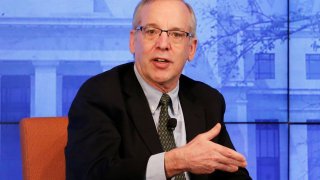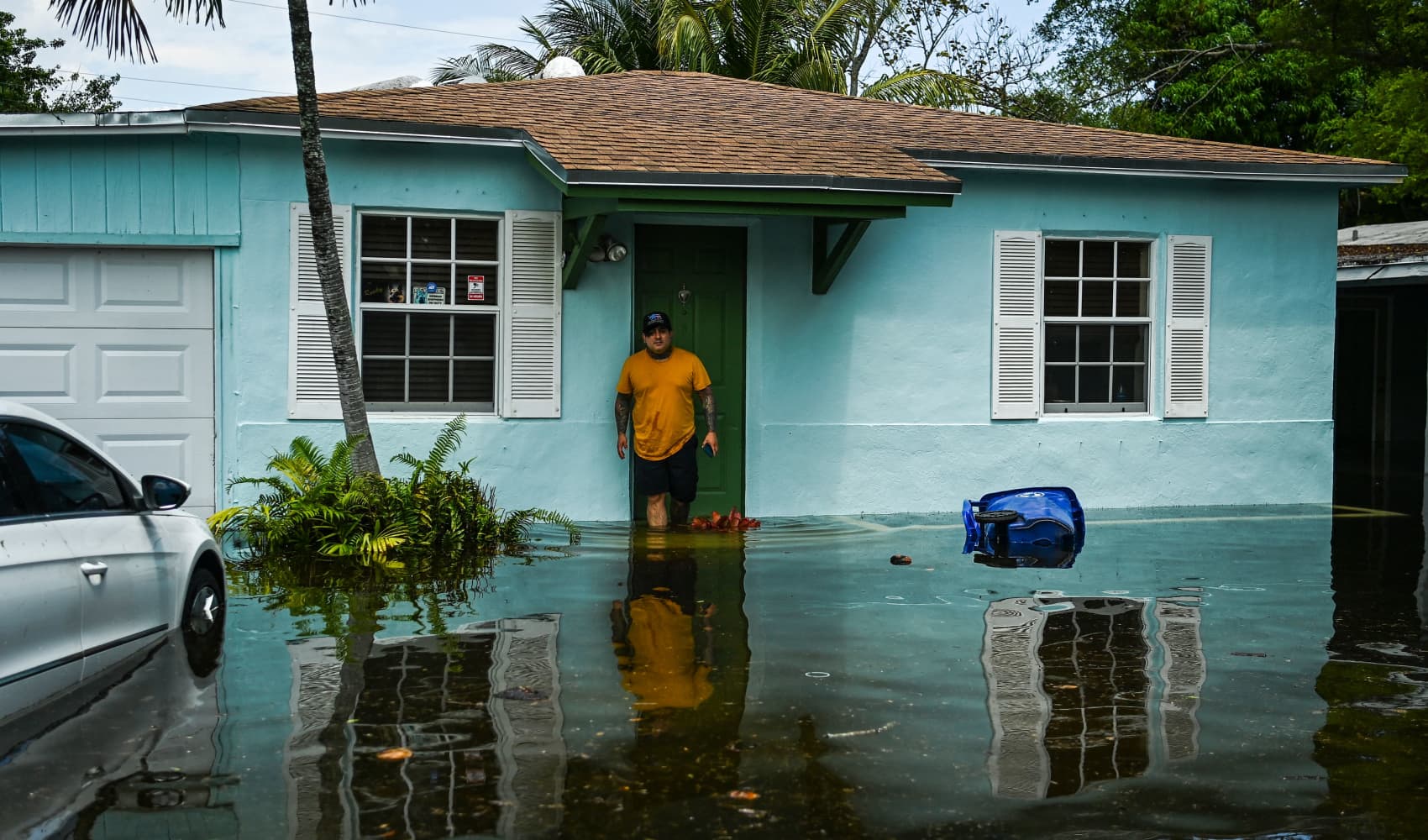
- Former New York Fed President Bill Dudley said more stimulus money is needed, even with the presence of vaccines from Pfizer and Moderna.
- He added that the fiscal stimulus is needed as the Fed is running out of tools to help the economy.
The U.S. economy still needs fiscal help from Congress even with the increased probability that widespread vaccine availability is now in sight, former New York Federal Reserve President Bill Dudley said Monday.
For the second time in a week, a pharmaceutical company has announced a breakthrough in the coronavirus pandemic fight. This time, it was Moderna reporting that it has a vaccine up to 95% effective in heading off the virus. Pfizer made a similar announcement last week.
Even with the good news, Dudley said additional bridge money of $1 trillion to $2 trillion will be needed to get impacted individuals and businesses to the other side.
"So I think it makes the case for fiscal stimulus even more compelling, because you basically want to prevent scarring to the economy in terms of people's balance sheets, in terms of small businesses being forced to close, and a little fiscal stimulus can go a long way in reducing the scarring in the economy so that you can have a stronger recovery on the other side" he told CNBC's "."
Opposing factions in Washington have been unable to come up with a compromise measure to buttress the $2.2 trillion CARES Act passed in March. Most of the funding from that legislation has expired while 11 million workers remain without employment.
Money Report
Government red ink has continued to pile up during the crisis. The budget was $3.1 trillion in the hole for fiscal 2020 and started off the new year down $284 billion in October. Dudley acknowledged that the deficit spending could be a problem down the road but is needed now, particularly to help state and local governments that may have to start laying off essential personnel to balance their budgets.
One problem is that he doesn't think the economy will get much more help from his former Fed colleagues, who already have cut benchmark borrowing rates to near zero and expanded the central bank's balance sheet past $7 trillion.
"People can look through the bad news and see good news on the other side. That said, it doesn't change the fact that the Fed really doesn't have much firepower to protect the economy over the near term," Dudley said. "I think the economy is going to suffer as go through fall into winter."
Fed officials reject the notion that they are getting low on monetary ammunition. Among their options are extending the duration and amount of their bond purchases and amplifying forward guidance on what it would take to raise rates.






